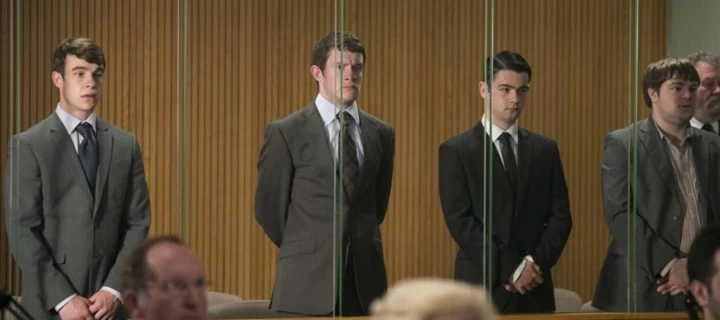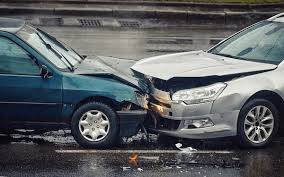
Ashurst Relocate London Home After 30 Years
August 1, 2015
BPTC Scholarship Interview: What to Expect
April 7, 2016In a land mark ruling yesterday in the case of R v Jogee, the Supreme Court adjusted the threshold required to be held liable through joint enterprise. Jogee was accused of ‘egging on’ Mohammed Hirisi in the stabbing of Leicestershire police officer Paul Fyfe, who was stabbed in the heart. They were both convicted of murder until yesterday.
Joint enterprise had been previous used, particularly in gang-related crime, to convict accomplices of the same crime as the perpetrator; the person who inflicted the fatal act.
The judges said that it has been wrong to treat “foresight” as a sufficient test. Foreseeability was first coined by Professor Sir John Smith and later developed over a number of cases. It was described by the judge as two people who set out to commit a crime and in the course of that crime, one of them commits another offence. The person is guilty as an accessory to that crime if he had foreseen the possibility that the first person might act as he did.
The Supreme Court considered the problems surrounding the application of joint enterprise; the struggle by courts, the high appeal rate and also noted that the area is not well established and is overall unsatisfactory. The judges made heavy reference to the Chan Wing-Siu case and the ruling of the Judicial Committee of the Privy Council in 1984.
Lord Neuberger emphasised the importance of correcting the ‘wrong turn’ made in Chan Wing-Siu, although emphasised that the court would not disregard the Chan Wing-Siu case. The judges said that without intention to encourage or assist it, foresight must not be the sole grounds for conviction under joint enterprise.
Jogee partially appealed his conviction as the foresight that his acquaintance may use his knife with the intention to cause serious bodily harm was not enough to prove a conviction of murder as against him.
They did emphasis the role of the government in amending or changing the legislation, since the act is included in s.44 Serious Crimes Act 2007 and more widely in the s.8 Accessories and Abettors Act 1861. Last year the Commons justice select committee produced a report stating that the threshold for culpability under joint enterprise should be higher and that many convicted of murder through the joint enterprise rule should be convicted of manslaughter or a lesser crime.
Jogee will remain in prison while his lawyers make submissions as to whether there should be a full re-trial or his conviction should be reduced to manslaughter. The CPS said in a statement that they would be reviewing the judgment to determine its potential impact and whether their policy on charging suspects should be altered.
Vera Baird QC, the former solicitor general, said: “This will be extremely unsettling for the families of murder victims who are likely to have their suffering re-opened as cases are re-considered. It has been described rightly as a ‘lazy law’ and its exit will force more detailed care in the approach to dealing with defendants and their states of mind.
“Guilt by mere association has never existed in UK law but this ruling presents an obligation to reconsider better fairness for those who get caught up in crimes they did not intend and it will clearly protect young people who could have been convicted on an assumption of what was in fact their immature lack of foresight.”
The supreme court’s judgment was welcomed by many lawyers and organisations who have campaigned to change the law. Francis FitzGibbon QC, of Doughty Street Chambers, said: “This decision marks a sea change in a highly controversial area of law. It corrects a historic mistake in the law of joint enterprise, which until now had exposed people to being found guilty of the most serious offences on the weakest legal basis.
“The effect of the supreme court’s decision is that a member of a group cannot be found guilty of an offence unless there is proof that he or she positively intended that it should be committed. Mere foresight of what someone else might do is not enough.”
So what does this all mean? Firstly, it will be more difficult to convict accessories under joint enterprise, the threshold has been increased and the criteria of joint enterprise is not enough on its own. Secondly, it should be reminded that the law does not apply retrospectively. Many convicted under joint enterprise will seek an appeal, however they will only receive one if they can show they have suffered ‘substantial injustice’.





